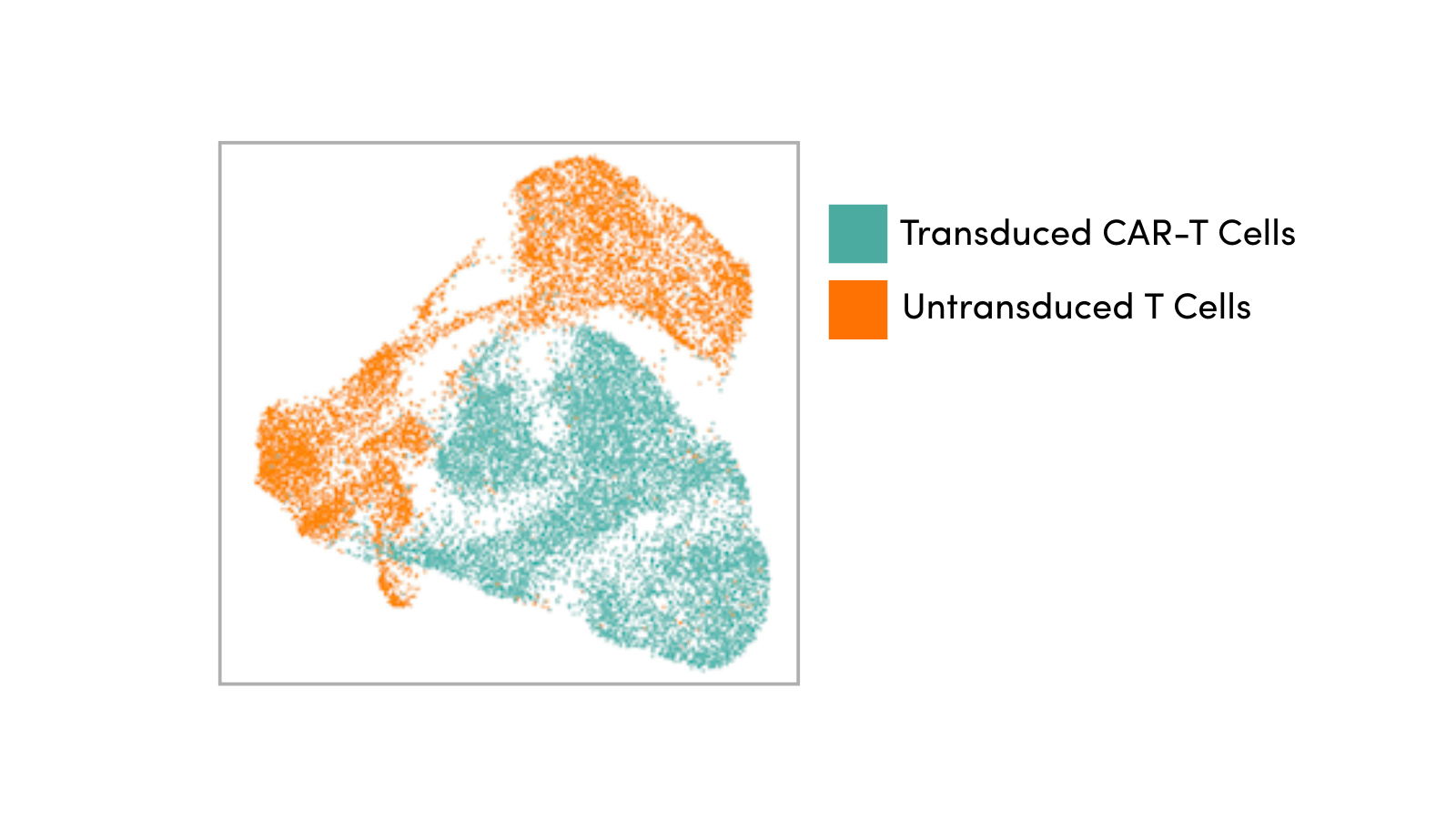We’re thrilled to announce the winners of the 4th annual Rising Black Scientists Awards essay competition! We were captivated from the onset after receiving the submissions and reading the inspiring stories of the researchers behind them.
Read on to learn more about the Rising Black Scientists Awards and find links to the winning essays.
What are the Rising Black Scientists Awards?
The Rising Black Scientists Awards, sponsored by Cell Signaling Technology (CST), Cell Press, and the Elsevier Foundation, are an essay competition for young Black scientists working in the disciplines of life, health, Earth and environmental, data, and physical sciences. They were originally created in 2020 to help improve representation and provide funding to support the professional development of early career researchers. The award shines a light on a gap in need of filling, and helps to reduce inequalities to make progress in that area.
To be considered for an award, entrants submit an essay describing their scientific vision and goals, the experiences that sparked their interest in science, and how they want to contribute to a more inclusive scientific community. The winners (two undergraduates and two graduate/postdoctoral researchers), who are selected by a prestigious academic advisory board, each receive a $10,000 award, registration for an Elsevier conference of their choice, $500 in travel funds, and see their essay published in Cell or another Cell Press journal of their choice. In addition, four honorable mentions each receive $500 and are published in iScience.
The 2024 Winners
Here are the winners of the 4th annual Rising Black Scientists Awards, along with links to their winning essays:
Graduate/Postdoctoral: Senegal Alfred Mabry, Cornell University
Essay Title: Enough with ‘The Shakes’: Fighting Parkinson’s as a Black Researcher and a Community Organizer
Senegal Alfred Mabry is a psychology doctoral student at Cornell University. In his winning essay, he describes growing up in the Bronx, New York, where opportunities to enter the STEM field were limited, and then becoming the first Black male doctoral student to study human neuroscience in Cornell’s psychology department.
Throughout Senegal’s story, his commitment to changing the culture of science shines through. He describes his efforts toward achieving this goal, including writing for the New York Amsterdam News to publicize the challenges he faced as a high school student, and launching his own undergraduate course to empower other students with the knowledge and skills to democratize science.
Senegal’s research passion is Parkinson’s disease, a condition he says leaves many patients feeling forgotten—much as he felt when starting out in his career. To tackle this inequity, he has formed a coalition of universities, clinicians, researchers, and nonprofits in his community to improve Parkinson’s care and outreach.
“I heard elders talk about ‘the shakes,’ but I now know that language reflects deep historical inequities that have denied us access to healthcare, knowledge, and research which could help us alleviate burdens and strengthen our health—Enough with the shakes!”
We’re impressed by all that Senegal has achieved so far, and we look forward to hearing what he will do next.
Graduate/Postdoctoral: Jaye Antoinette Wilson, Yale University School of the Environment
Essay Title: Resilient Wings, Tangible Impact: My Journey from Chrysalis to Change-Maker in STEM
Jaye Antoinette Wilson (@Unnicheable) is in her second year of studying for a PhD in Sustainable Chemistry at Yale University School of the Environment, where her research is focused on sustainability within the chemical sector. Her winning essay likens her scientific journey to the development of a butterfly, filled with transformative moments and adversities, as well as highlights the importance of mentorship to unfurl and strengthen her wings.
Jaye’s interest in science was sparked by early health challenges, which led to a fascination with learning how science could be used as a vehicle for change. While gaining her BSc and MSc qualifications at Texas A&M University (TAMU), Jaye channeled her energy into diversifying the STEM field by educating and inspiring minority youths to consider STEM careers. Now, through roles including executive board membership of Yale's Student Chapter of the National Organization for the Professional Advancement of Black Chemists and Chemical Engineers (NOBCChE), Jaye continues to advocate for diversity, equity, and inclusion.
“Propelled by perseverance, curiosity, and my passion for creating, in this transformative journey, my wings are also restorative: a living mosaic of service and science. Their breadth is the collective works of my ancestor’s struggles, familial love, mentorship, and community.”
Jaye is clearly a champion for the under-represented in STEM, and we wish her every success in her continuing endeavors.
Undergraduate: Kevin Christopher Brown Jr., California State University San Marcos
Essay Title: From the Operating Table to Global Science: How a Near-Death Experience Sparked My Passion for Life
Kevin Christopher Brown Jr.’s gripping story begins with him as a patient in an operating room preparing for heart surgery, an experience during which he vowed to leave a positive impact on the world through science and medicine. In his essay, Kevin describes his internship at the California Institute for Regenerative Medicine, where he discovered a passion for learning how stem cells can be used for personalized medicine, and gained confidence that a first-generation African-American college student could succeed in this field.
Importantly, Kevin notes that “the current ‘one size fits all’ approach to medicine excludes vital variables that are specific to racially diverse backgrounds.” To address this, he aims to work toward developing a robust stem cell model that integrates personalized approaches into modern medical practice, as well as understanding how stem cells might be used to help the growing number of diverse patients with cardiovascular issues.
“I aim to be on the cutting edge of regenerative medicine, as its maturation in the coming decades will propel medicine and science toward a higher disease-treatment efficacy and, hopefully, decreased distrust among underrepresented groups.”
Kevin’s story had us hooked from the outset, and we hope that his award will take him another step closer to achieving his goals.
Undergraduate: Akorfa Dagadu, Massachusetts Institute of Technology (MIT)
Essay Title: Bridging Past with Progress: My Mission in the World of Polymers
Akorfa Dagadu is studying Chemical-Biological Engineering at MIT, which she hopes will empower her to develop a long-term solution for single-use plastic pollution. In her essay, she explains how an accumulation of plastic waste clogged the drainage systems in her hometown of Accra, Ghana, causing a major flood mirroring those seen in many other global communities.
In response to this crisis, Akorfa co-founded a sustainability initiative to reward plastic recycling via a mobile platform. However, she comments that recycling alone is not enough and that plastic production needs reimagining. To this end, Akorfa’s work at MIT is focused on harnessing Proteinase K to repurpose plastic monomers.
Akorfa’s essay stresses the importance of collective intelligence to resolve global problems, which she says should include fostering an inclusive scientific community that values and celebrates diversity.
“From the trenches of disaster to the benches of MIT's labs, my path has been a relentless pursuit of [environmental] redemption.”
Plastic pollution is something we can all relate to, and we applaud Akorfa’s efforts to tackle this ever-growing problem.
Congratulations to all of this year's winners of the RBSA!
More About the Rising Black Scientist Awards
- Visit Cell Press to learn more about the awards, including how to enter!
- Blog: Rising Black Scientists Awards 2023: Presenting the 3rd Annual Essay Competition Winners






